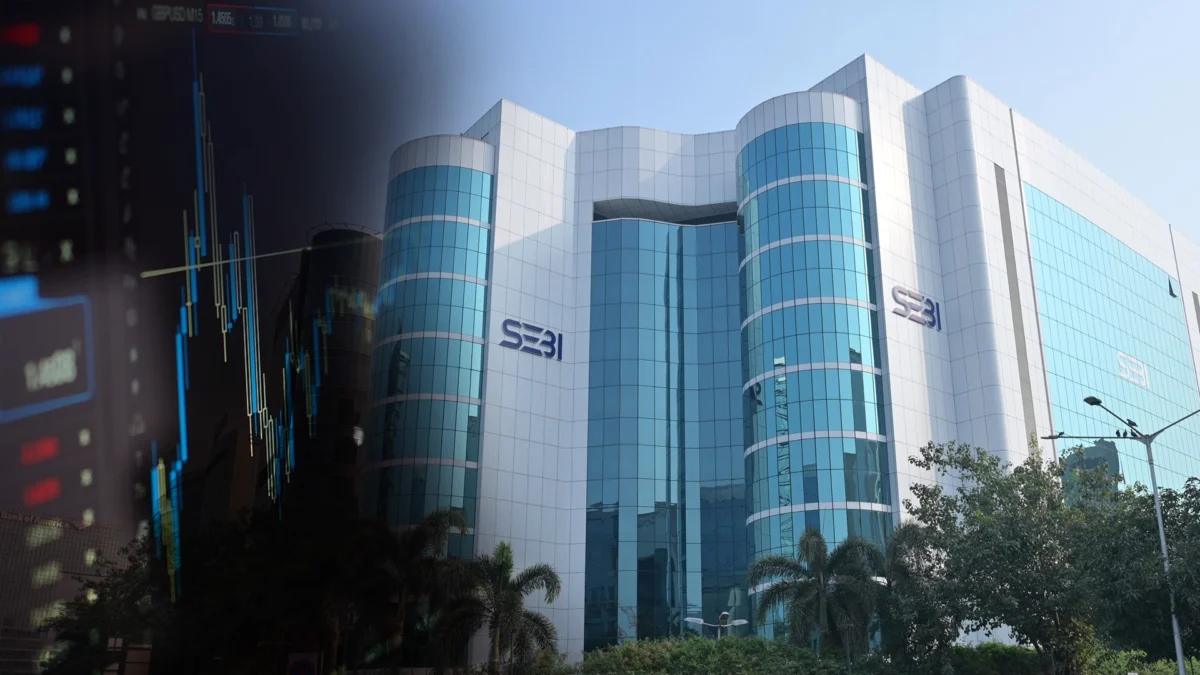India’s securities regulator has dismissed key allegations made by U.S. short-seller Hindenburg Research against the Adani group, triggering a sharp rally in the conglomerate’s listed stocks and ending more than two years of market and political turmoil. In two separate orders issued this week, the Securities and Exchange Board of India (SEBI) concluded that the transactions flagged by Hindenburg did not amount to market manipulation, related-party breaches or disclosure failures that would attract punitive action.
The Hindenburg report, published in January 2023, accused the Adani empire of opaque related-party dealings, use of tax havens and stock manipulation — allegations that precipitated a near-$150 billion decline in the group’s market value and a prolonged period of regulatory and investor scrutiny. SEBI’s recent findings, which the Adani group said vindicate its position, mark the most consequential development to date in the saga and are likely to reshape investor sentiment toward the group.
Gautam Adani welcomed SEBI’s orders. In public posts and statements he described the regulator’s probe as exhaustive, calling the outcome a “resounding victory” and saying the Hindenburg report had been “baseless” and damaging to investors. The company reiterated that it has always sought to comply with disclosure norms and corporate governance standards.
Markets reacted quickly to the regulator’s decision. Shares across the Adani family of companies surged in early trading: Adani Total Gas and other utilities led the gains, while flagship Adani Enterprises and power units posted sizeable rises. Adani Power was among the biggest movers, trading sharply higher on the news, and analysts noted the verdict removed a major overhang that had weighed on group valuations since 2023.
As of the latest market quotes, Adani Enterprises was trading around ₹2,402 per share, while Adani Power’s intraday levels were substantially higher following the SEBI announcement, with market data providers showing prices in the mid-600s range as traders pushed the stock up on renewed buying interest. These price moves reflect broad repricing after regulators effectively rejected the most serious manipulation claims. Investors should note that real-time quotes vary across exchanges and data vendors.
Although SEBI’s orders clear the group on the charges reviewed in these particular filings, some market participants reminded investors that multiple probes and legal battles related to the episode have been pursued in different forums over time. International inquiries and other civil litigation that originated after the Hindenburg report remain separate matters and may continue to attract scrutiny. Observers also warned that while the headline risk has receded, valuation and governance debates are likely to persist as analysts reassess earnings traction and capital-intensive expansion plans.
Regulators’ conclusions are likely to have political as well as financial implications. The Hindenburg episode had become a flashpoint in public debates about corporate transparency, the effectiveness of oversight, and the relationship between business conglomerates and the state. SEBI’s findings will be seized upon by both critics and defenders of the group in arguments over market integrity and investor protection.
For now, the immediate effect is clear: investors rewarded Adani stocks after SEBI’s verdict, and the group has framed the outcome as vindication. Market watchers will next focus on whether the regained confidence translates into sustained capital inflows, how earnings and debt metrics evolve over coming quarters, and whether any remaining regulatory or legal threads emerge from domestic or foreign authorities.
Explainer: What SEBI Investigated and Found
SEBI’s probe focused on several core allegations:
- Use of offshore entities: Hindenburg had alleged that Adani family associates and shell companies in tax havens were used to pump up stock prices. SEBI examined beneficial ownership records, fund flows, and trading data and concluded that the transactions did not breach disclosure or related-party rules.
- Stock manipulation: The short-seller claimed that concentrated holdings by opaque foreign investors distorted the market. SEBI’s analysis of trade patterns, shareholding data, and market impact did not establish manipulation under Indian securities law.
- Disclosure lapses: Hindenburg pointed to alleged under-reporting of related-party dealings. SEBI found that the filings made by Adani companies were materially compliant and that any gaps did not constitute willful concealment or fraud.
The regulator issued two separate but related orders to address these areas. While clearing the group of wrongdoing on these counts, SEBI indicated that it would continue to strengthen disclosure and surveillance frameworks to avoid similar controversies in the future.
Also Read: Hyundai India Approves ₹31,000 Monthly Pay Hike for Employees
